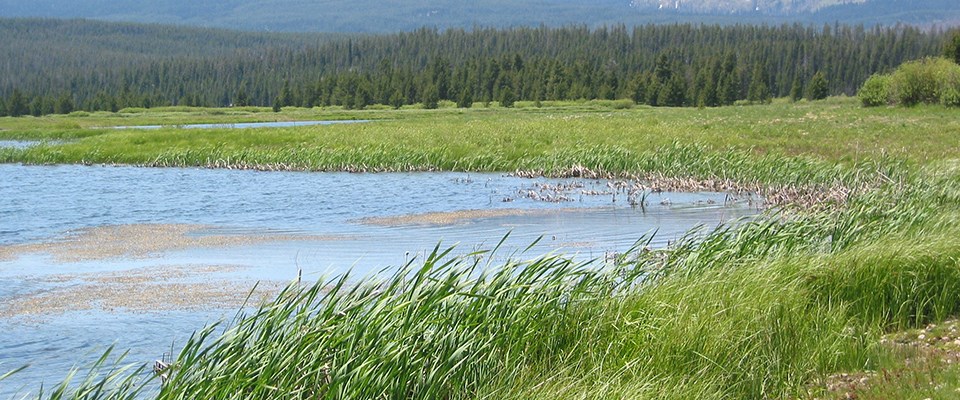FOR IMMEDIATE RELEASE
December 8, 2020
Washington D.C. – Today, Congresswoman Nanette Diaz Barragán joined her colleagues in passing the Water Resources Development Act (WRDA) of 2020. This legislation makes critical investments in the nation’s ports, inland waterways, flood protection, ecosystem restoration, and other water resources infrastructure.
WRDA 2020 includes many important provisions to California’s 44th Congressional District, including returning a greater percentage of Harbor Maintenance Trust Funds back to donor ports, including the Port of Los Angeles. The bill also allows for these funds to be used for in-water improvements, a priority for the port.
Rep. Barragán led the fight for critical policy changes in WRDA 2020 that will level the playing field for natural infrastructure solutions, such as planting trees, building wetlands, and restoring green spaces at Compton Creek and along the L.A. River, and to increase the affordability of these types of projects to underserved communities.
“This bill will make it easier for disadvantaged communities to address flooding in a way that improves our environment and our public health. Our communities will be stronger, built to last, and better prepared for the future,” said Congresswoman Nanette Diaz Barragán.
This bill is the product of bipartisan and bicameral agreement, and it now heads to the Senate for final action.
The policy provisions are as follows:
Removing Barriers to Natural Infrastructure
Natural infrastructure remains an underused tool for reducing flood risks, despite providing important co-benefits that reduce air and water pollution while providing green spaces and habitats for wildlife.
The Army Corps of Engineers treats natural infrastructure and nonstructural measures differently when assessing the required non-Federal cost share, making natural infrastructure more expensive for communities on the ground. The non-federal cost share for nonstructural flood projects is 35% of total project costs. In contrast, the non-federal cost share for natural infrastructure projects can be as high as 50% of total project costs, requiring the non-federal sponsor to pay 35% of project costs plus the cost of land, easements, rights of way, and disposal sites, up to a combined maximum of 50% of project costs.
WRDA 2020 clarifies that natural infrastructure projects are subject to the same cost share requirements as nonstructural projects, putting them on a level playing field.
Facilitate Flood Risk Management Planning for Underserved Communities
Studies show that flooding disproportionately impacts low-income communities, indigenous populations and people of color. Currently, federal sponsors pay half of the cost of feasibility studies for flood and hurricane and storm damage reduction projects, leaving communities on the ground to fill the gap. The high cost to conduct these studies can be a significant barrier to considering natural infrastructure options for the communities that may be the least able to pay, and likely the most impacted by flooding and hurricanes.
WRDA 2020 establishes an Economically Disadvantaged Community Flood Protection and Storm Damage Reduction Study Pilot Program to conduct flood and storm damage reduction feasibility studies for 10 underserved communities, with a priority that such studies fully evaluate natural infrastructure solutions.
Natural infrastructure can provide sustainable, environmentally protective, and less expensive solutions to flood and water management, while simultaneously improving public health and well-being. These benefits should be particularly available to historically undeserved communities.
###
Nanette Diaz Barragán is proud to represent California’s 44th Congressional District, which includes the communities of Carson, Compton, Florence-Firestone, Lynwood, North Long Beach, Rancho Dominguez, San Pedro, South Gate, Walnut Park, Watts, Willowbrook and Wilmington.

